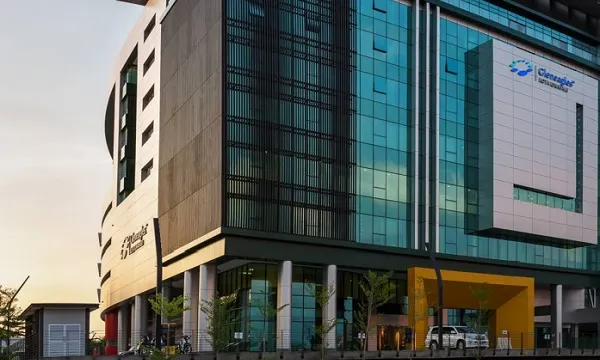
IHH Healthcare registers $74.69m loss in Q1
This is due to lower net interest expenses and lower foreign exchange losses.
IHH Healthcare registered a loss of $74.69m (RM319.8m), according to a bourse filing. Revenue declined by 2% YoY over the same period from a high base in Q1 2019.
This is attributable to lower net interest expenses following the repayment of bank loans in H1 2019 and lower foreign exchange losses resulting from the group’s ongoing forex management plan.
Meanwhile, headline PATMI registered a loss due to impairment on the remaining goodwill of $93.54m (RM400.5m) from an investment made into Global Hospitals in India, and realisation of $14.01m (RM60m) foreign currency translation losses relating to Khubchandani Hospitals in India upon substantive liquidation.
IHH’s earnings before interest, tax, depreciation and amortization (EBITDA) also dropped 10% YOY on lower revenue and costs incurred to implement COVID-19 measures at the group’s hospitals and healthcare facilities, partially mitigated by government grants and reliefs.
However, the company’s balance sheet remained strong, with net cash generated from operating activities of $108.21m (RM463.32m) and an overall cash balance of $1.26b (RM5.4b).
Net gearing also edged up to 0.17 times from 0.15 times in the previous quarter to finance working capital and capital expenditure.
IHH notes that the company had a strong start to the year, but the month of March was affected by the pandemic.
The company’s revenue in its Singapore operations also registered a dip of 1% YOY to $233.56m (RM1b) whilst its EBITDA dropped 5% to $76.66m (RM328.2m). Inpatient admissions declined 9.6% to 17,278 whilst revenue intensity increased 10.9% to $8,229.83 (RM35,236).
IHH further adds that a prolonged fallout from subsequent waves of COVID-19 outbreaks and renewed lockdowns may further dampen the group’s performance.
However, the impact is partially mitigated through planned growth in areas including diagnostics, laboratory testing and telemedicine, as well as improving case mix and enforcing cost controls and capital discipline, including by deferring all non-critical capital expansion projects.



















 Advertise
Advertise






